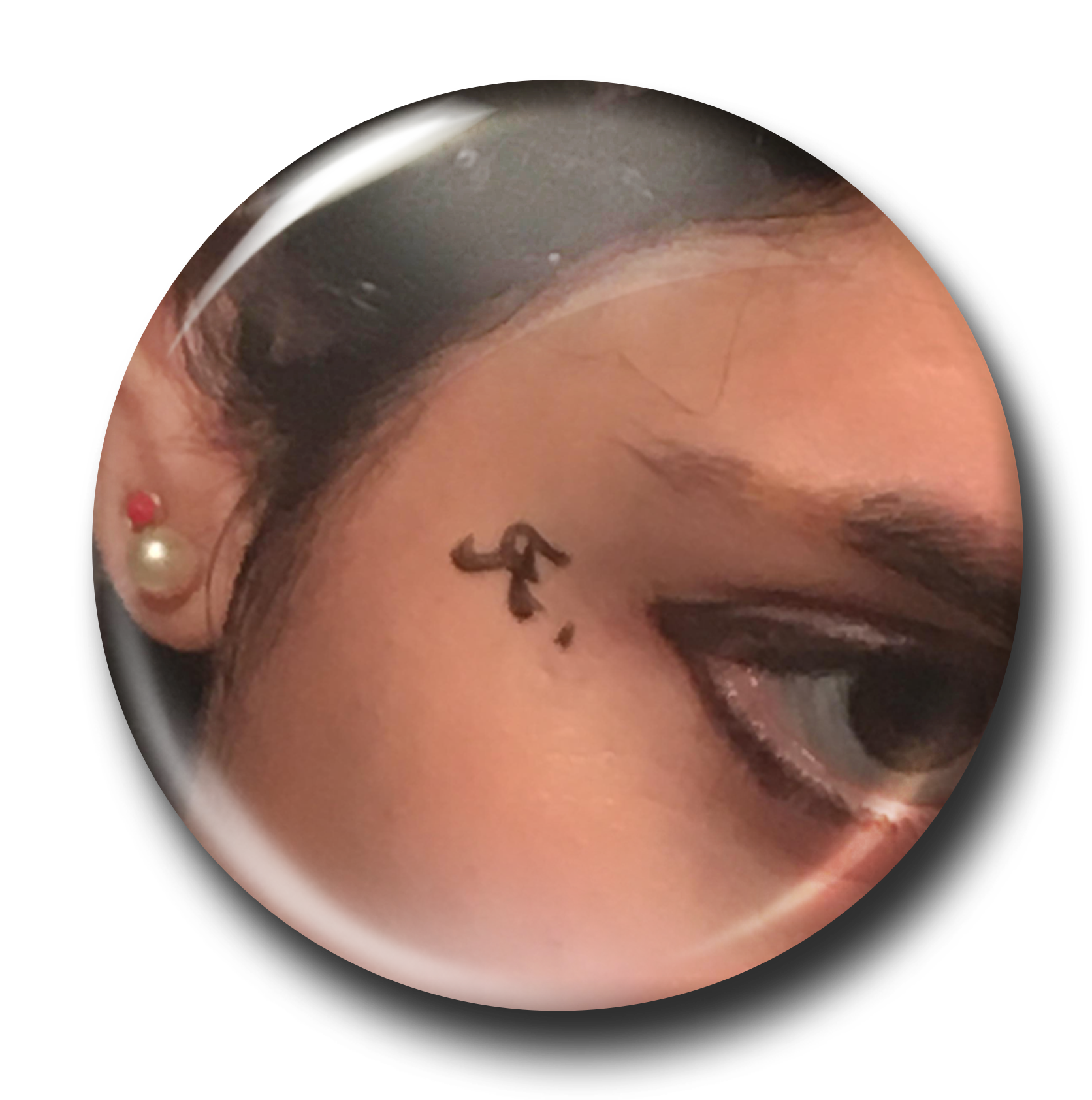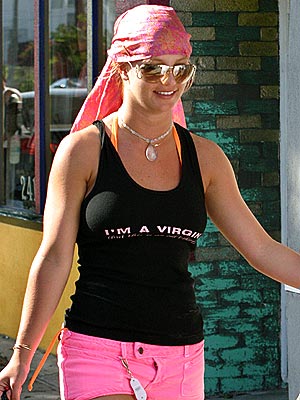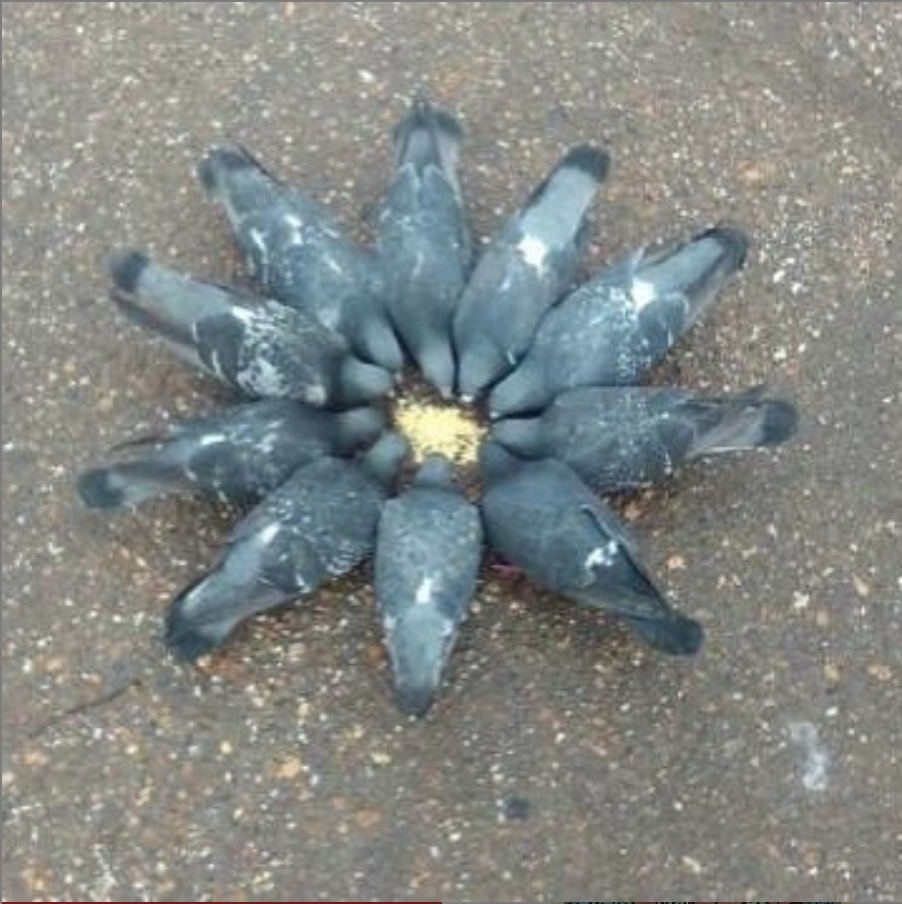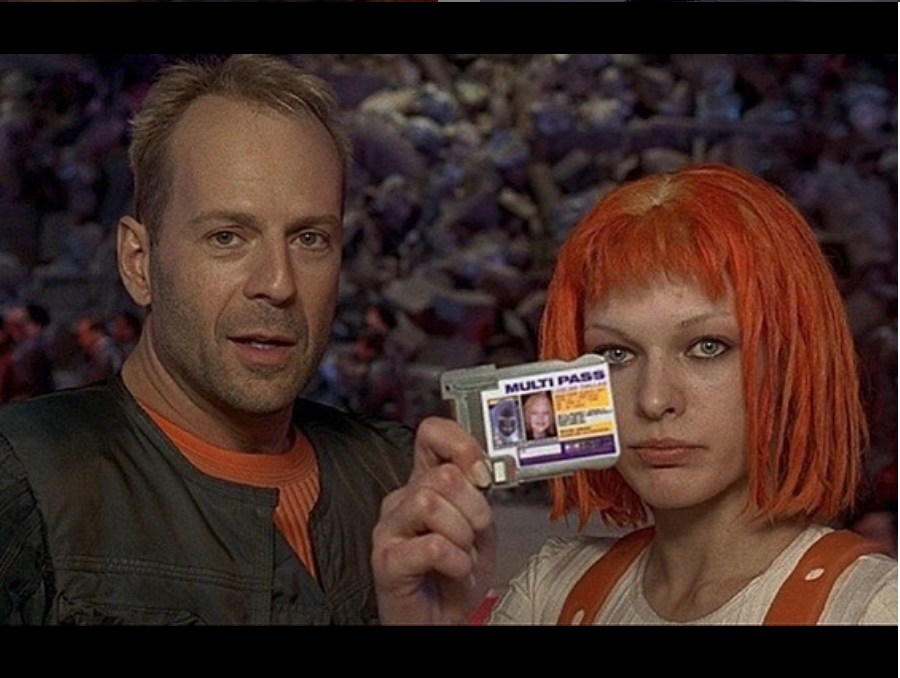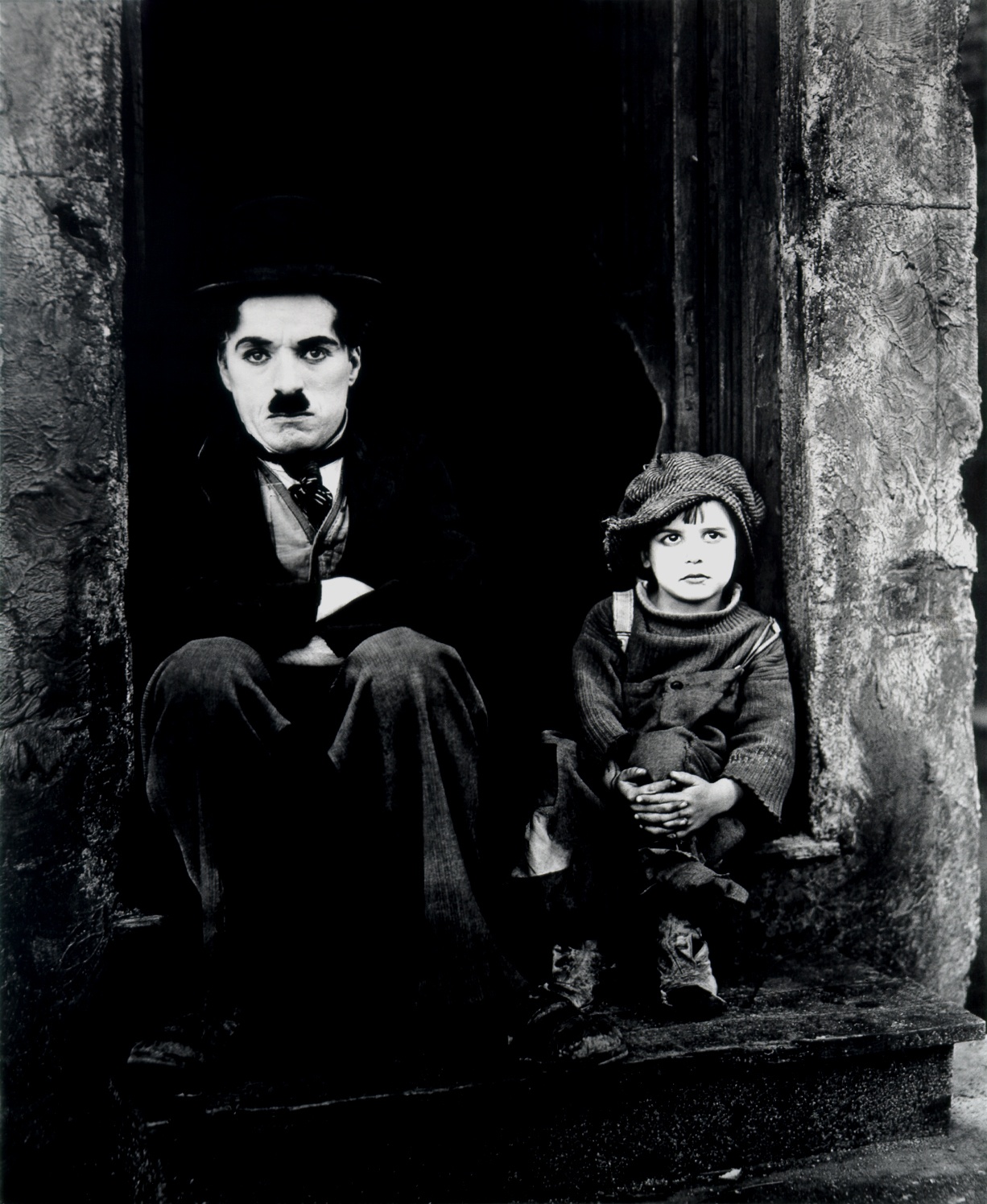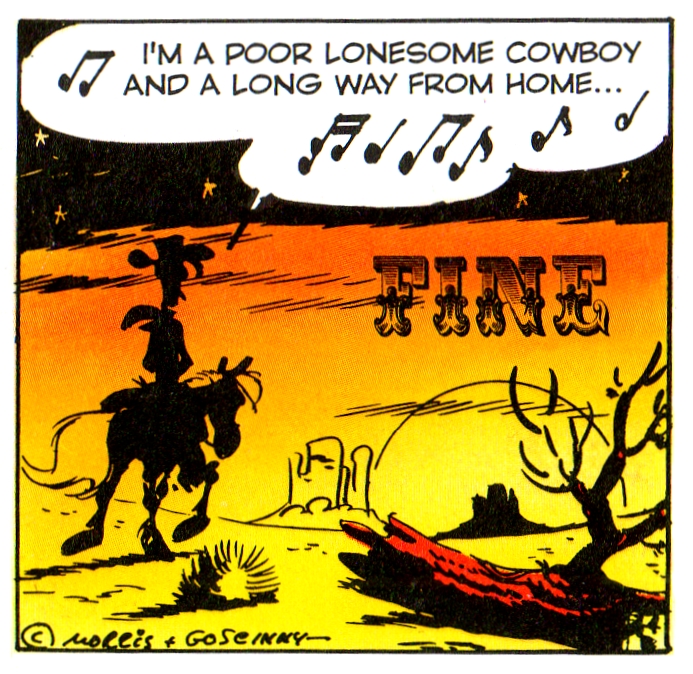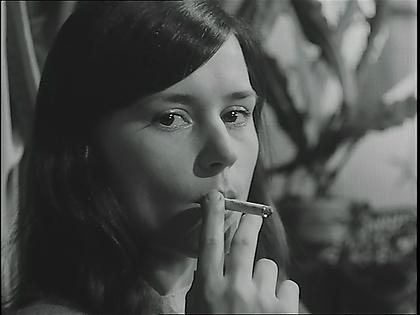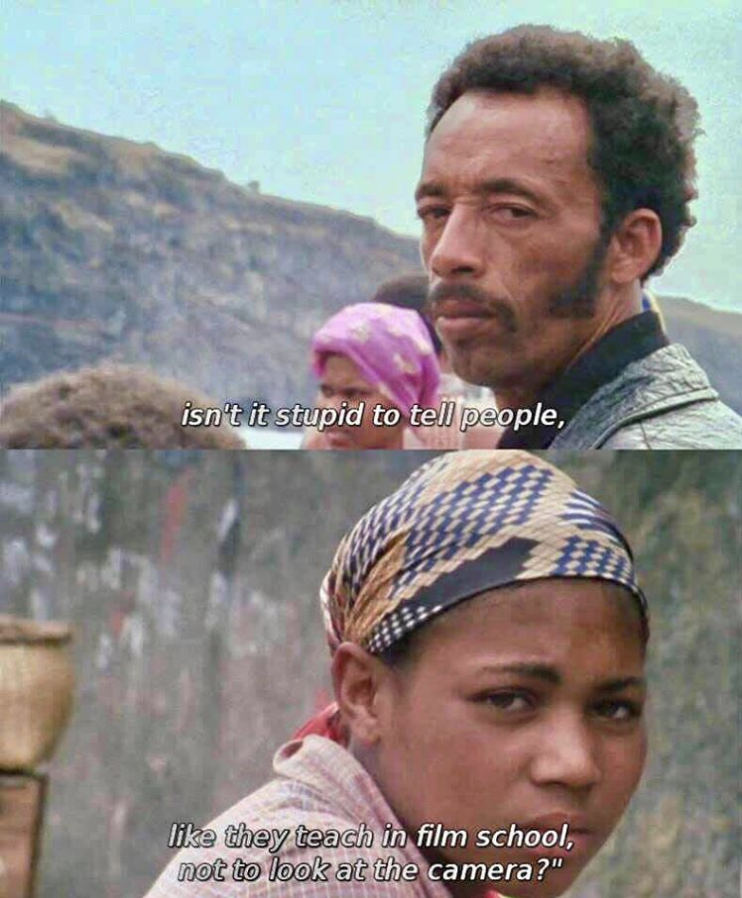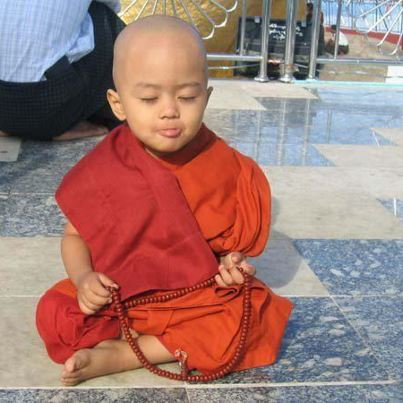Part one: On Monika…
Great news: the Cinematheque of Paris is launching a (sick) Bergman filmography retrospective. Bergman is one of the best, if not the best of the best directors of all time. Back in the 60’s, the Swedish director collaborated with the finest actresses and actors. All his movies are to be seen: they are about life, not a Hollywood dream. It’s about flesh, sex, sensuality and true words…About women: They are real.
Tonight’s movie picture is Sommaren med Monika (Summer with Monika). At the time of its first release, it was controversial abroad for its frank depiction of nudity. The film helped to create the reputation of Sweden as a sexually liberated country. In the distribution you can read “Harriette Anderson” as Monika. That will be the first Time The Girl will see her on screen. The Girl, Bo and her sister are in the middle seats of the middle line of the middle column of the movie theater. The black and white screen draws lights and shadows on their faces… It’s the story of a woman, her summer fling and the way she led her life as she wanted. The movie ends with her abandoning her family and single child. The Girl saw in this feminine character a model of independence. Both sisters agree on that, here follows their questioning and reflections on why they also are Monika. Bo was a bit tired because he is not used to watching black and white movies anymore, which is a shame. So he was a bit sleepy and will not talk much in the beginning.
The Girl: Do you think Monika is a bad person because she is unfaithful?
The sister: Why should morality always be in the centre of our judgment?
The Girl: No, I admire her because of her freedom. She’s a dreamer, she’s against norms. She wants to live on an island… Monika is a passionate spirit.
The sister: So you want to condemn her? You think the freedom she chose is irresponsible and selfish? But you want to condemn her because the freedom she chose is irresponsible and selfish.
The Girl: I don’t condemn her, I don’t want to. I want to be like her. I have the same desires. I want to be fearless, and belong to no one. And I want to escape all shapes of property.
The sister: So you don’t want to be a mother yourself?
The Girl: I feel that in today’s society, motherhood is what determines every woman.
The sister: So you want to escape Determinism.
The Girl: Maybe. Maybe I want to refuse everything that makes me a woman today. Maybe I want to escape.
Part 2: On the Fight against the Army of the clones
Bo woke up from his drowsiness/ Bo pulled out of his lethargy Bo: Are you looking for a way out?
The Girl: I’m looking for freedom.
The sister: Do you think Monika found her way out?
The Girl: She chose to belong to no place and no one. The worst would be to be caught, to be caught up in this small mondain apartment her husband bought for them, to be caught in someone else’s dream. So she needs to leave, even if it means abandoning her loving husband and first child. She needs to move because she doesn’t want to compromise. She’s an idealist. She’s radical. And can you be free without being radical?
The sister: So you’re saying she doesn’t fit in.
The Girl: If she fits in some place, then she is stuck in this place. That’s the bad thing with ‘home sweet home’.
Bo: Again, so dramatic… Maybe you need the stability of home. Home is your anchorage. It’s your link to the past and your base for the future.
The Girl: I don’t want to belong to any territory or property. I don’t care about home or marking your territory. Territory is borders, as soon as you put a fence, you create a war. I want no Land. The land should belong to no one and everyone.
Bo: Mother-Fuckface Anarchist, don’t you want to keep our grandma’s house by the sea, our summer memories?
The Girl: Here comes one of his nerdy digression…
Bo: From what I understood, what defines a nomadic community from farmers, is the understanding of time as well as the relation to land and property. Once settled, men started to think themselves as a community. The community took shape inside a territory. This territory soon needed laws and institutions so that peace and prosperity could be maintained in the ‘kingdom’. Territory demanded posterity and prosperity (so thinks Simone.)* Territory demands posterity from its owners, hence motherhood became a sacred function. “The clan as a whole, gathered under the same totem, mystically shares the same mana and materially shares the common enjoyment of a territory. But the clan grasps itself in this territory in the guise of an objective and concrete figure; through the permanence of the land.”
The Girl: Tragic appropriation…
Bo: “The clan thus realises itself as a unity whose identity persists throughout the passage of time. Only this existential process makes it possible to understand the identification that has survived to this day among the clan, the family, and property.” In the thinking of nomadic tribes, only the moment exists; the agricultural community replaces this thinking with the concept of a life rooted in the past and incorporating the future: the totem ancestor who gives his name to the clan members is venerated; and the clan takes an abiding interest in its descendants: it will survive through the land that he bequeaths to them and that they will exploit. The community conceives of its unity and wills its existence beyond the present: it sees itself in its children, it recognises them as its own, and it accomplishes and surpasses itself through them.
The Girl feels the need to sum it up: Basically you’re saying Monika is a nomad.
The sister: Most of the movie Summer with Monika is set in an Island. A place that has no name. Ephemeral, this land you will leave any time. She experiences total freedom with her lover-soon-husband. They know they loose their independance the moment they leave the island. After that, she will decide not to settle, ever.
The Girl The sore feeling of liberty is not enough, she needs to challenge it: fight convention. Be brave enough to run away, to leave, to give it up.
The sister: The way she challenges the norm inspires me: her fight against this sacred injunction to ‘find your place in society’ and to stay where it feels right to be. But are nomads really free? Are they really always in the move? Don’t they have a ‘home base’? How can you live without your own territory?
Bo: Nomadhood is the idea of constant movement, and liberty kind of… Look at all the road movies… So, I’m talking in the name of those who are in love with freedom: If you get stuck in one place, then you die.
The Girl The last scene. Monika. Face to face with the camera. She’s looking at us like: ‘I don’t give a fuck about your looks, I’m all fine with myself. I’m a free woman. I’m sexy. You don’t like my sexy? I don’t care. Can you say the same…’
